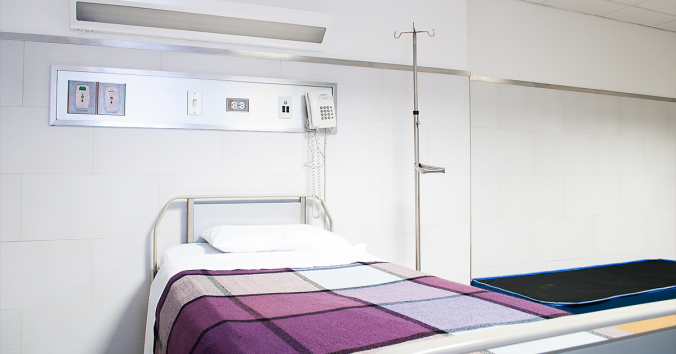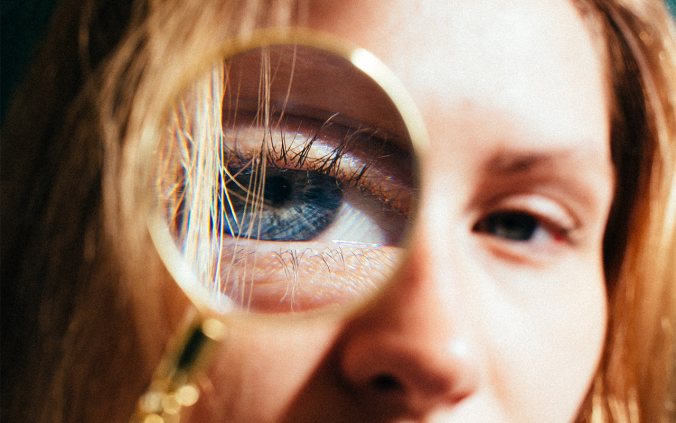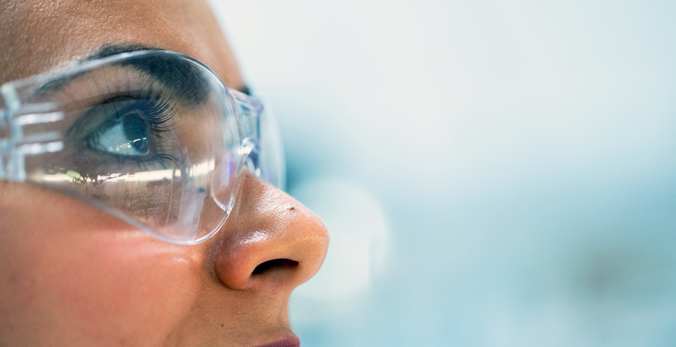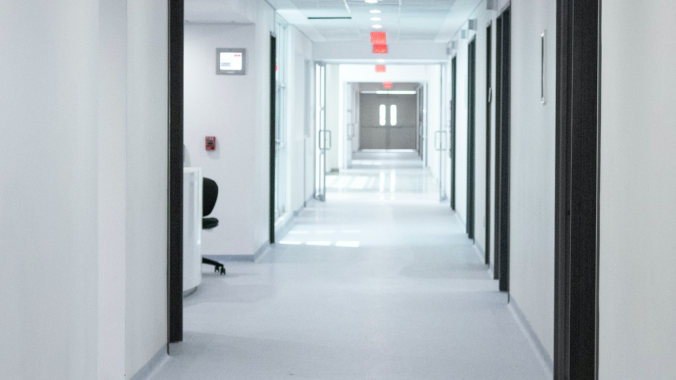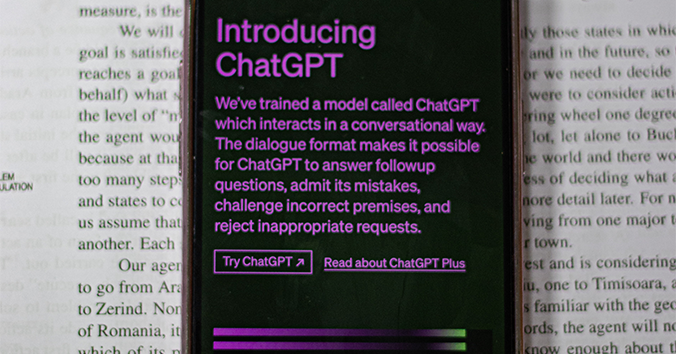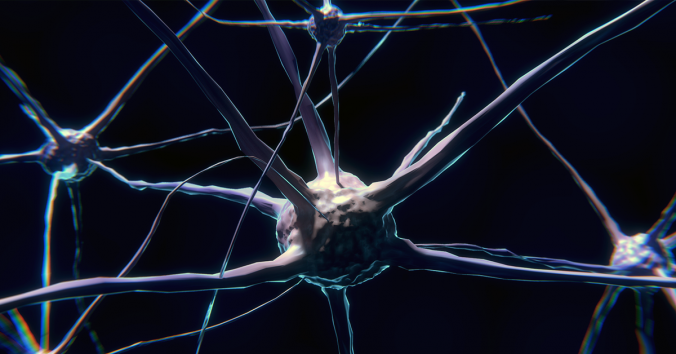There are many philosophical movements and several ways of dividing philosophy. I would like to draw attention to two orientations of philosophical thought that are never usually mentioned, but which I believe characterize philosophical thinking. Although unnamed, the two orientations are so different from each other that they can make philosophers roll their eyes when they run into each other: “What kind of nonsense is this?”
I am not referring to the division between analytic and continental philosophy, which is a known source of rolling eyes. I am referring to a division that rather applies to ourselves as thinking beings: our innermost philosophical disposition, so to speak.
So do not think of famous philosophers or of the philosophical movements they are considered to represent. Now it is just about ourselves. Think about what it is like to discuss a question that is felt to be urgent, for example: “Why has humanity failed to create a peaceful world?” How do we usually react to such questions? I dare say many of us wish we could answer them. This is the nature of a question. A question demands an answer, just as a greeting demands a greeting back. And since the answer to an important question should have the same urgency as the question, it feels very important to answer. This has the consequence that the discussion of the question soon turns into a discussion of several different answers, which compete with each other. Perhaps a few particularly committed participants argue among themselves for and against increasingly complicated answers at a speed that leaves the others behind. It feels humiliating to sit there and not be able to propose a single answer with accompanying arguments that it must be the right answer.
Many of us are probably also familiar with how afterwards, when we have time to think in peace and quiet, we can suddenly see possibilities that never occurred to us during the discussion: “So obvious! Why didn’t I see that?” When we are given time to think for ourselves, we are free from a limitation that governed the discussion. What limitation? The limitation that the question must be answered and the answer defended as the correct answer. Why were we so stimulated to find the answer to the question and defend it against the competitors? Was it a good question that gave rise to all these divergent answers, as if someone had thrown a match into a stockpile of fireworks? Already in its wording, the question blames humanity for not being able to resolve its conflicts. Is this not already a conflict? The question pits us against humanity, and when the answers and arguments start to hail, the debaters are also pitted against each other. The discussion becomes yet another example of our tendency to end up on different sides in conflicts.
If we notice how our noble philosophical discussion about world peace threatens to degenerate into the very strife we debate and we want to seek the answer in a more responsible way, then perhaps we decide to review the answers and arguments that have been piled up. We classify them as positions and schools of thought and practice identifying them to avoid well known fallacies, which are classified with equal philosophical rigor. In the future, this hard work will finally lead us to the definitively correct answer, we think. But the focus is still on the answers and the arguments, rather than on the question that ignited the entire discussion. The discussion continues to exemplify our tendency toward conflict, but now in terms of a rigorous philosophical classification of the various known positions on the issue.
The difference between the two orientations concerns where we place our emphasis: on the question or on the answer? Either we feel the question propels us, like a starting shot that makes us run for the answer at the finish line. The answer may be in terms of the human mind, the structure of society, our evolutionary history and much more. Or we feel the question paralyzes us, like an electric shock that numbs us so that we have to sit down at the starting line and examine the question. What already happened in the question? Am I not also humanity? Who am I to ask the question? Does not the question make a false distinction between me and humanity, similar to those made in all conflicts? Is that why I cannot discuss the question without becoming an example of the problem myself?
Consider the two philosophical orientations side by side. One of them experiences the question as a stimulating starting signal and runs for the answer. The other experiences the question as a numbing electric shock and remains seated at the starting line. It cannot surprise us that these two philosophical dispositions have difficulty understanding each other. If you emphasize the answer and run for it, stopping at the question seems not only irresponsible, but also unsportsmanlike and inhibiting. Is it forbidden to seek the right answer to urgent questions? If, on the other hand, you emphasize the question and stay seated at the starting line, it seems rash to run for the answer, even when the race follows a rigorously ordered pattern. Did not the starting shot go off too early so that the race should be declared invalid, even though it otherwise went according to the strict rules of the art?
When we consider the two orientations side by side, we can note another difference. Emphasizing the answer directs our attention to the subject of the question: “humanity throughout history.” Emphasizing the question directs our attention to the subject who asks it: to myself. Again, it can hardly surprise us that the two orientations have difficulty understanding each other. Both may seem to be avoiding the subject!
Here one might want to object that even this distinction between two philosophical orientations places people on different sides of a conflict. But maybe we can recognize ourselves in both tendencies, although we lean more in one direction? Is not philosophical thinking often a dialogue between these tendencies? Do we not become more peaceful when we see the two philosophical dispositions side by side? Perhaps we understand each other better when we see the possibility of emphasizing both the question and the answer. We suddenly realize why we sound so different when we philosophize, despite the fact that we are all thinking beings, and we no longer need to exclaim: “What kind of nonsense is this?”

Written by…
Pär Segerdahl, Associate Professor at the Centre for Research Ethics & Bioethics and editor of the Ethics Blog.
Thinking about thinking


